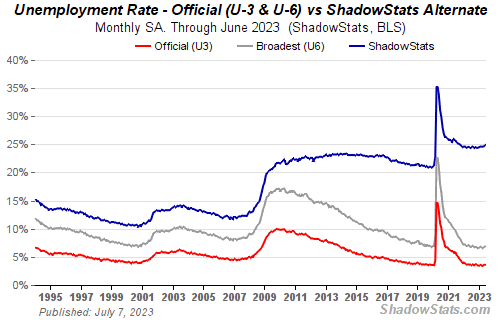A
Boston Globe article tells us that some credit card issuers (American Express Company, Bank of America Corp and CitiBank, Eastern Bank owned by Barclay Card U.S. are all cited as examples) are restricting lending. Ostensibly these lenders are
seeking to reduce their debt exposure, are shutting off and limiting consumer credit card lines, even for many customers who carry low balances and pay on time
While merely two years ago almost anyone could get a credit card, those halycon days when the credit card companies wanted
everyone to swim in the comforting waters of the fast and easy credit river, the water flows have changed so that
drowning in debt and soured investments, lenders are seeking to stop consumers from running up big balances in hard times, bills they might not be able to pay
While not mentioning any such companies by name, the Globe notes the irony that some of these companies reducing credit card lending took government bail out funds ostensibly given to free up money
for lending. Furthermore this move to limit lending
might damage cardholders' credit ratings by making them appear to be riskier borrowers
(E.g., a $1,000 balance on a $10,000 maximum card is using 10% of their limit, but the same balance on a $2,500 max goes to 40%. Which, perhaps not coincidentally permits the companies to charge higher interest rates.)
One of American Express Company's 10-year clients had both her personal and business credit cards put on hold pending submission of two year's tax returns, plus three months of pay stubs and bank records. Upon being contacted by the Globe, the company refused to comment on this particular case.
Some of the corporate lines given for these actions include:
"Though we continually look at the credit limits we offer card members and review them on a case-by-case basis, we are being more targeted in response to economic conditions," ... "This may also include cancellations."
And then again, it just may include raising interest rates.
We're taking a more aggressive look at accounts in order to control risk in the current environment
Okay, "risk control" sounds like they want to eliminate the riskier credit risks. Citibank says:
"We have taken actions such as lowering credit limits, adjusting rates, tightening credit standards, and closing inactive accounts, particularly in certain geographies and where we can use mortgage data to enhance our decision-making capabilities."
Closing inactive accounts makes sense. That way people won't suddenly go to the inactive accounts to get credit they won't pay back. But note very carefully that part about "
adjusting rates." ADJUSTING RATES means INCREASING RATES. Let there be no questions about this.
The Globe also notes that another phenomenon fueling these credit reductions:
as investor demand for credit card debt that is usually packaged into securities has plunged, banks are being forced to keep the debt on their books longer
Oops. Trying sell a stream of future credit card repayments as a bond with a price set to yield a "guaranteed" rate of return is not so compelling in an environment where
banks and credit card companies are reacting to an increase in the number of cardholders who fail to pay their bills. For example, American Express said it wrote off 6.7 percent of its $63 billion US loan portfolio in the fourth quarter, up from 3.4 percent a year ago. To counter such losses, some institutions, including Citibank, have raised the interest rates they charge certain customers as a way to generate revenue
Remember too that the credit card companies "get it" on both ends. Their card-holders pay back the loans with interest if late, but also, the seller pays a fixed amount per transaction plus a percentage of the sale.
This article reads sympathetically to the credit card issuers. Note the subheadline:
Fear excessive use amid hard times
But this nugget is very telling:
None of the banks contacted for this story would discuss how their actions might affect credit scores.
The company that calculates scores, Fair Isaac Corp., said it is examining the impact that creditline cuts are having. The results are expected to made public within the next month and could lead to a shift in the way scores are calculated. Still, Fair Isaac spokesman Craig Watts defended banks' moves to reduce credit lines. "It's only unfair if you regard credit as a right instead of a privilege," Watts said.
Spokesman Watts is perhaps being disingenuous. One consequence of reducing the maximum limits will be to reduce the FICO scores as a de facto means to increase the appearance of a riskier looking client thus providing the rational for increasing the interest rates on all customers, except those who don't need the credit card in the first place.
